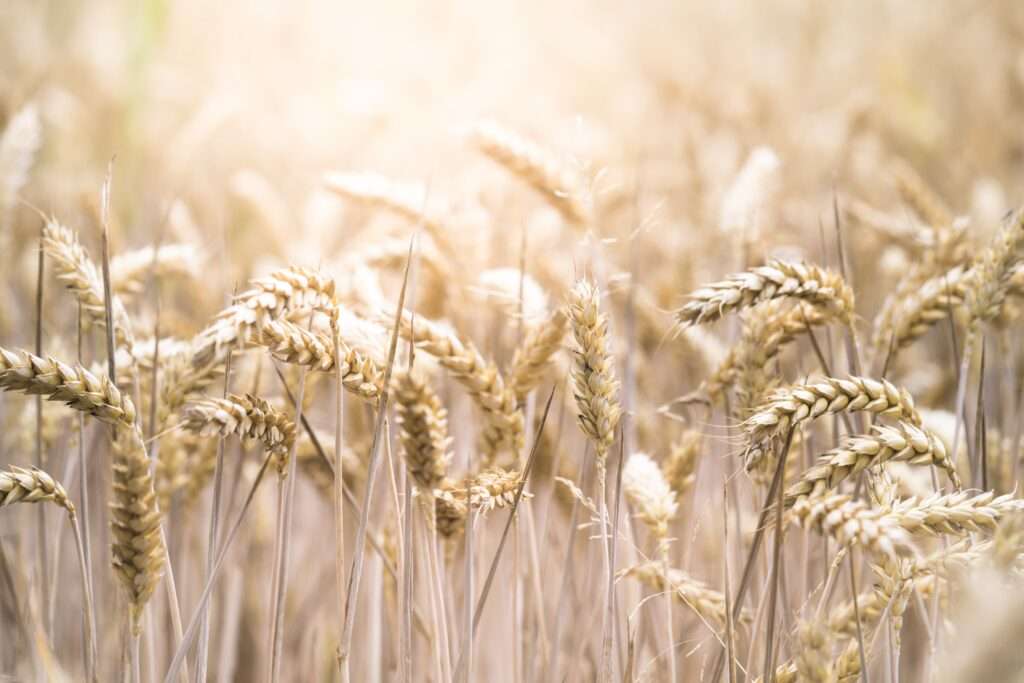wheat
búzakalász
Wheat is one of the most widespread grains on Earth. It adapts well to various climates and soil conditions, making it highly versatile (e.g., as bedding or fodder) and it plays a crucial role in food production, particularly in making bread.
When sown in the soil, the seed germinates, and if the conditions are right for its growth, it develops into a healthy wheatear.

A resilient wheatear can handle challenges with ease.
For instance, in strong winds, it sways with the breeze, moving in harmony with its rhythm.
With a healthy stem and robust roots, it adapts flexibly to changes. When the wind calms, the wheat ear stands tall again.
However, if it begins to grow in an unhealthy or suboptimal environment without the necessary nutrients to mature, it becomes rigid, brittle, and dry.
In such a scenario, strong winds may break it, leaving it lying on the ground.
The life of a wheat ear is deeply influenced by the quality of the soil in which the seed is sown. Its growth is shaped by the seed’s potential and the nourishment it receives, lovingly cultivated, so that in time, its fruits may be harvested.








